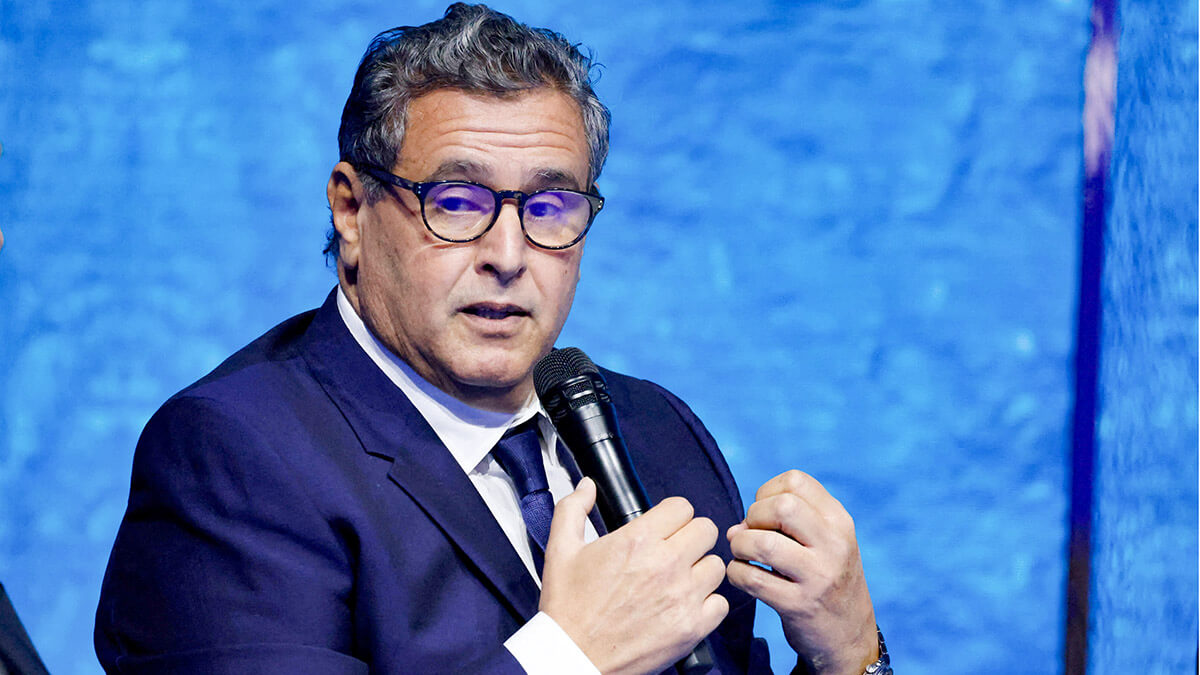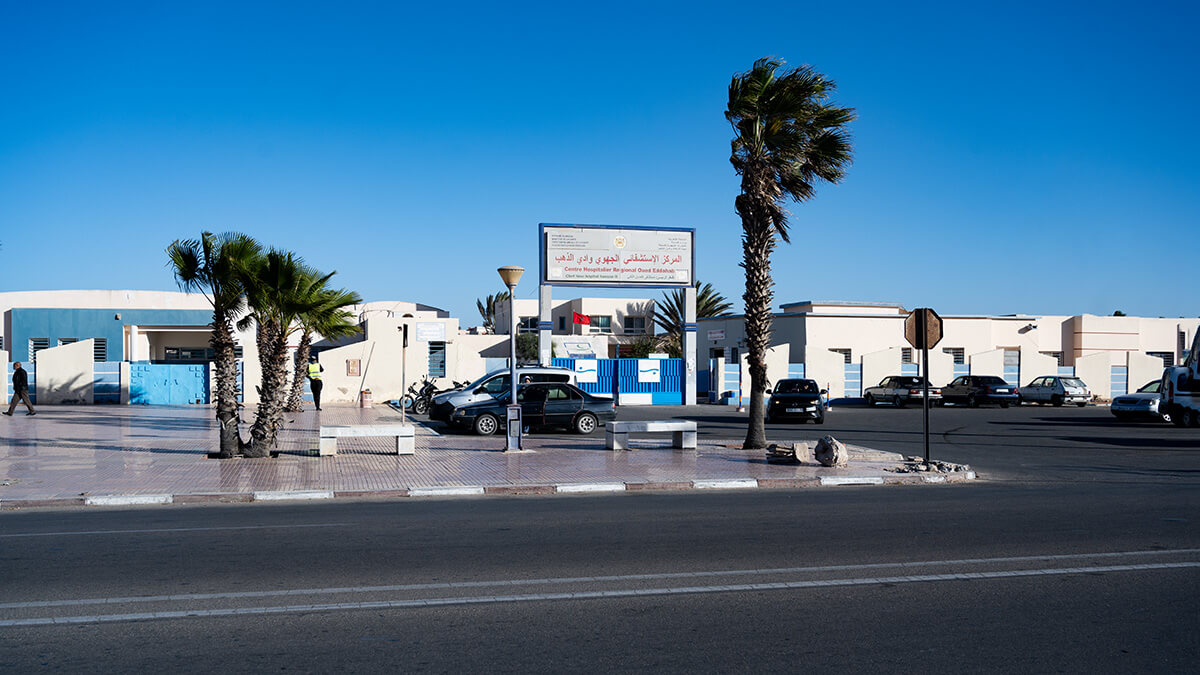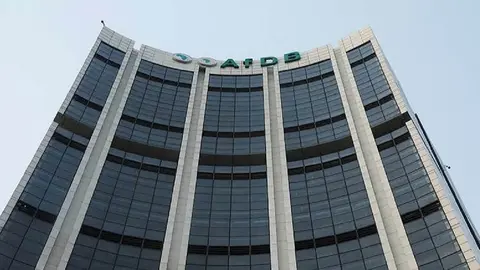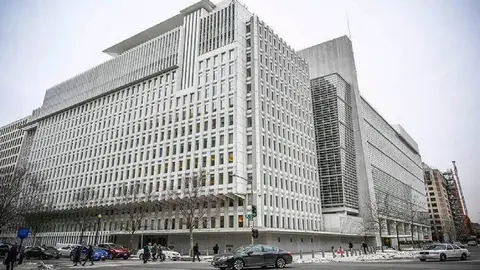Moroccan government reviews progress of healthcare modernisation plan

The head of the Moroccan government, Aziz Akhannouch, chaired the meeting dedicated to monitoring the plan to modernise the national healthcare system. According to a communiqué from the Head of Government's Department, the meeting served to review progress in the implementation of the programme to build 64 new university, regional and provincial hospitals.
The meeting was attended by the Minister of Economy, Nadia Fettah; the Minister of Health, Amine Tahraoui; the Deputy Minister of Budget, Fouzi Lekjaa; and the Director General of the National Social Security Fund, Hassan Bouburik.
During the meeting, the situation of the primary health centre rehabilitation programme was also examined. So far, 934 centres have been rehabilitated, although the target is to reach 1,439 centres.
On the other hand, the implementation of the programme related to the creation of territorial health groups was examined. A pilot phase of the plan is expected to be launched soon in some of Morocco's regions.
According to Akhannouch, the structural reform of the healthcare system is not limited exclusively to measures related to material and human resources, but also seeks to address challenges related to administrative and institutional governance.
Other changes
In September 2024, the Moroccan Ministry of Health announced that a specialised entity would take over the management of health insurance, with the aim of streamlining processes, improving accessibility and offering more efficient services to citizens.
In addition, these activities include the implementation of management systems in the centres, the training of health professionals and the establishment of a network of professionals in collaboration with Spain.

Also during 2024, the ‘Averroès 2’ project was launched, promoted by the CSAI Foundation, in collaboration with the Moroccan Ministry of Health and funded by the Spanish Agency for International Development Cooperation (AECID), with the aim of implementing family and community medicine in 35 centres in the region.
Digitalisation is also a key factor in the reforms, as advanced computer systems are being implemented to improve the management of the patient database and optimise efficiency.
Reconstruction of health centres
On the other hand, work is also being carried out on the reconstruction of the health centres affected by the 2023 earthquake. The Moroccan government has launched a comprehensive construction initiative valued at 79.29 million dollars for the Al-Haouz region, the region most affected by the earthquake.
In addition, the Ministry has allocated 115.96 million dollars for various important projects in the same region, including the construction of new hospitals.
The Minister of Health, Amine Tahraoui, presented the programme that covers the urgent repair, restoration and expansion of a total of 195 health centres in the affected sectors. Tahraoui also unveiled plans to create university hospitals in each region of the country, with the aim of improving the accessibility and quality of healthcare in the various regions.

Universal health coverage
In 2021, Morocco launched an initiative called Compulsory Health Coverage (AMO), with the aim of providing access to healthcare for all citizens.
With regard to this coverage, the president of the Moroccan Economic, Social and Environmental Council (CESE), Ahmed Reda Chami, stated last November that, despite the increase in the number of citizens with access to this health coverage (from 60% in 2020 to 86.5% in 2024), there are still obstacles to overcome.
These obstacles have to do with the fact that this coverage works in both public and private centres, but it is not total coverage, as beneficiaries must pay a percentage of the treatment.

As a result, there are five million citizens who are not registered and 3.5 million who are registered but cannot use the programme because they do not contribute or for other reasons.
For this reason, the CESE proposed measures in its study such as compulsory registration in the health system and diversification in its sources of funding. It also recommended increasing the percentage of health expenditure in the public system.
The head of the Moroccan government took advantage of the meeting to review the progress of the health system reform to encourage the different sectors involved to redouble their efforts and maintain the acceleration in the implementation of all the axes of this reform, with the aim of guaranteeing the success of the project.
A project that includes initiatives and reforms to find both immediate and long-term solutions to transform the healthcare system and better meet the needs of the Moroccan population.










